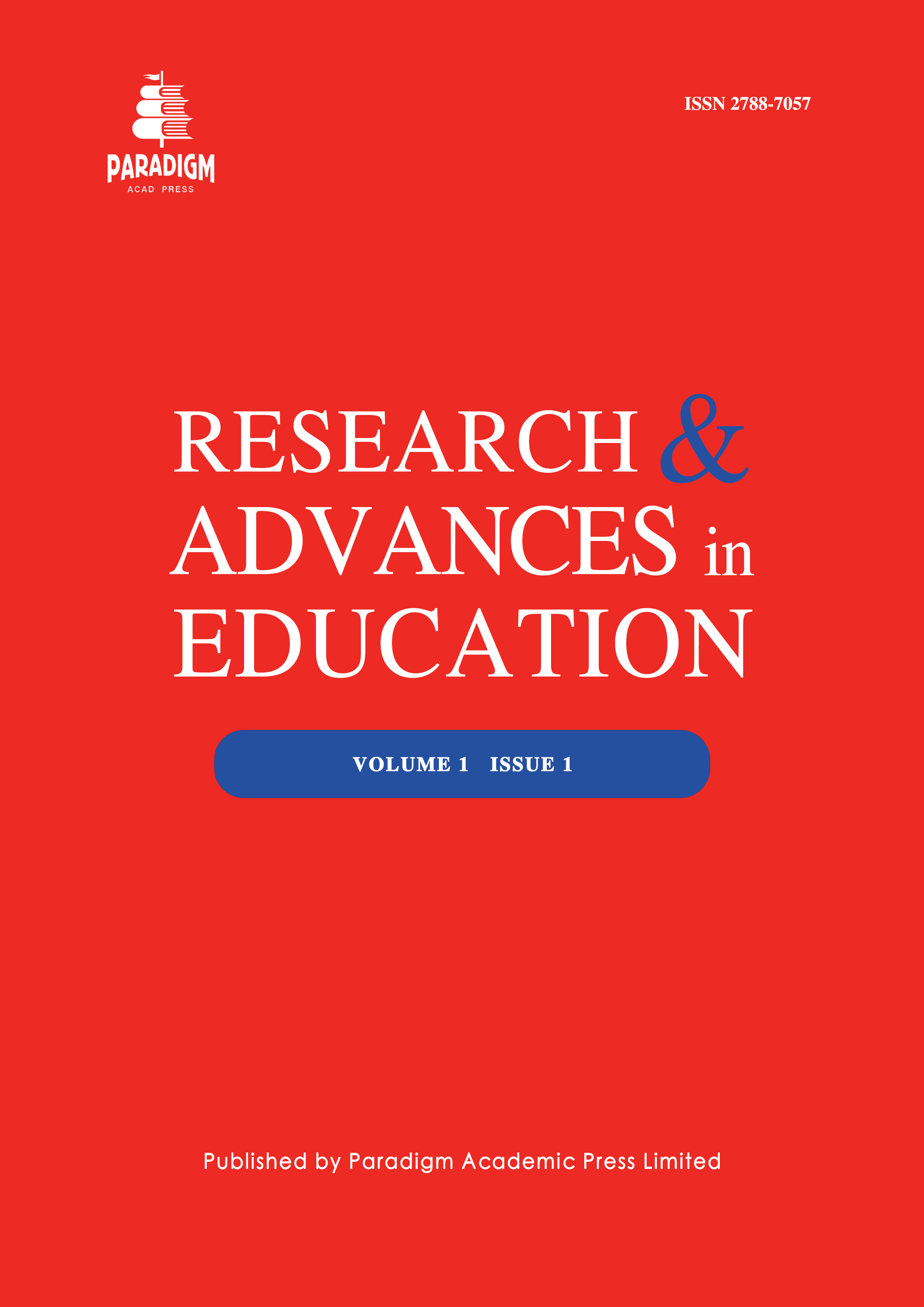Speech Intelligibility in Noise: The Role of Talker-Listener Accent Similarity and Second Language Experience
Keywords:
speech in noise, intelligibility, talker accent, listener experience, language proficiencyAbstract
According to previous research, several factors influence speech intelligibility in noise, including talker accent, listener experience, and language proficiency. The current study looked at how L2 experience, accent familiarity, and English IETLS score affect speech intelligibility. To determine whether and how these factors affect L2 learners’ speech intelligibility when understanding speech in noise, the researcher recruited 30 Mandarin speakers with controlled English proficiency (the researcher set a threshold and only recruited participants who were above it). Half of them graduated from Chinese universities and have never travelled outside of China, while others have spent at least one year studying in English-speaking countries. They were asked to listen to 360 sentences recorded by two Mandarin speakers and two native English speakers, and they chose one nonsense sentence among three sentences in each trial. In the testing, all the recordings were added signal-to-noise (SNR) ratios of 0 dB to simulate the noisy environment. The results show a significant speaker effect and IELTS score effect but cannot find a significant listener effect. The researcher came up with four potential reasons for the results and some future directions for the L2 research study.


